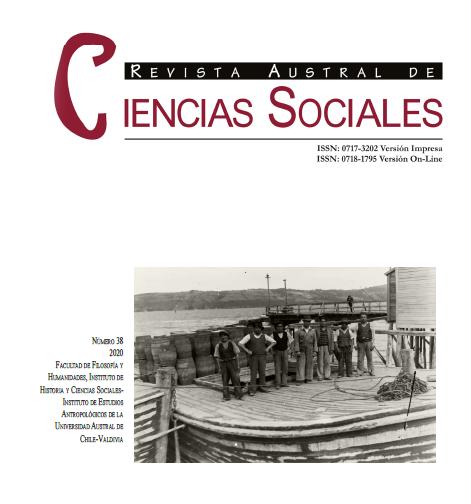El cambio rural: una lectura desde la desagrarización y la desigualdad social
Conteúdo do artigo principal
Resumo
La desagrarización se refiere al conjunto de cambios y transformaciones que durante el proceso de formación de las economías mundiales han experimentado las áreas y poblaciones rurales. La desagrarización en cuanto proceso de cambio social es también un mecanismo de transmisión y de generación de desigualdades sociales. El artículo trata sobre los efectos que la división territorial de las actividades agrarias tiene sobre la reproducción de las desigualdades sociales. De este proceso de diferenciación socio-territorial se han examinado varias dimensiones:
En primer lugar, los cambios socioeconómicos y culturales en el campo no sólo generan territorios agrícolas de especialización flexible, sino que redefinen las formas de vida tanto de la población rural como de la población urbana. En segundo lugar, los cambios en la diferenciación rural-urbana generan nuevas conexiones socio-territoriales y la consiguiente reconfiguración de los lugares. Asimismo, el aumento de la movilidad (migraciones y desplazamientos) está asociado con la segmentación etno-territorial de las comunidades. A manera de conclusión, destacamos diferentes fuentes de la desigualdad propias del proceso de desagrarización.

